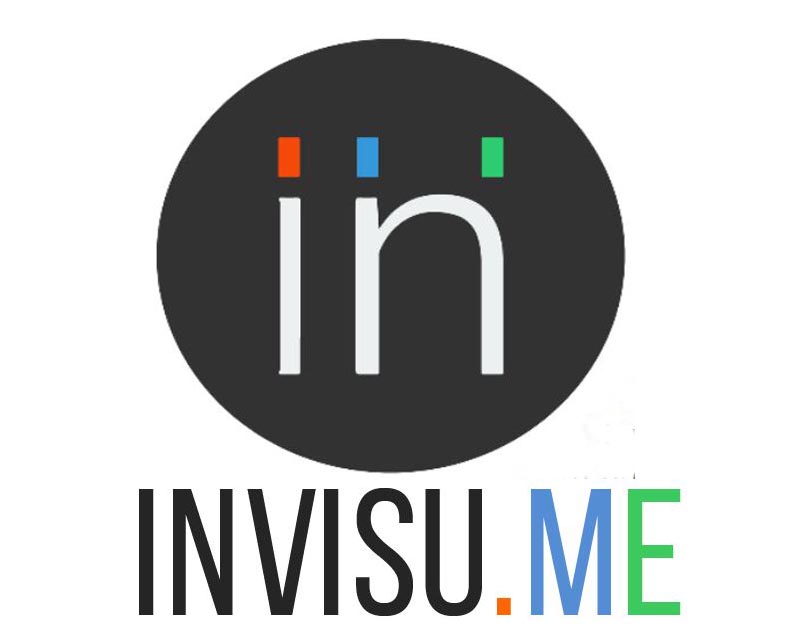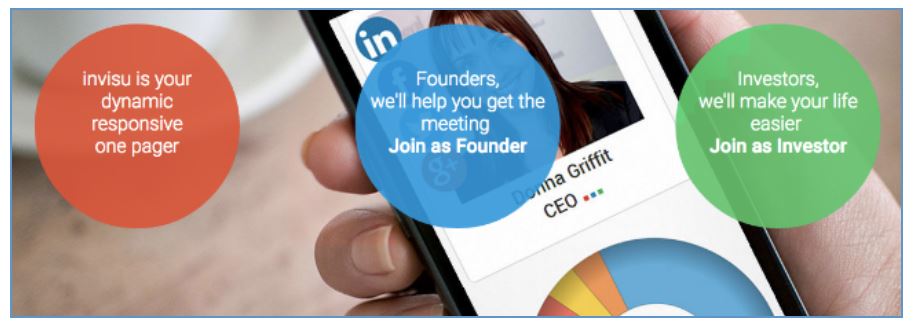
Web Developers
The world is changing. Governments and corporates are pushing for technological innovation in emerging entrepreneurship ecosystems in countries such as Russia, Brazil and China. At the same time, the US, Israel and Europe—the established hotbeds for entrepreneurs and venture capital—have maintained a growth trajectory in terms of invested capital and deal volume since the lows of 2009. As a result of these trends, today there are more angel investors, startup accelerator programs and venture capital funds than ever before, all looking to make investments in startup companies.
Given the growing number of active companies and investors in the space, there’s considerably more noise in the startup funding mechanism now. This gives service providers an opportunity to enter the industry by supplying matchmaking services to both sides, saving time and improving startup-investor fit. Online platforms such as AngelList, Gust, CircleUp, FundersClub and Seedrs have come up with ways to address the noise issue, mainly by facilitating online equity crowdfunding and building scalable networks of founders and investors across geographies.
But another approach to solving the issue has also emerged. It centers on improving entrepreneurs’ ability to communicate their companies’ stories in an investor-friendly way. Before, this service came in the form of one-on-one coaching sessions and seminars for entrepreneurs. Now, though, there’s a technological solution that provides scale and reach for more startups to benefit from better storytelling: invisu.me.


Company Profile: invisu.me

Source: CrunchBase
We recently had a conversation with Donna Griffit, CEO of invisu.me, a new company that has built a storytelling wizard for startups that guides them through the initial stages of the fundraising process. Griffit has been a corporate storyteller for over a decade. She has worked with startups and investors internationally, acquiring a deep understanding of both sides’ needs. She says the one thing startups struggle with more than anything else is telling their story in a clear and concise manner. This is especially true for founders who are raising money for the first time from angel investors and seed venture capital funds. Because they struggle with presenting their story in a simple, engaging manner, startup leaders tend to waste a lot of time creating presentation decks and one-pagers that are difficult for investors to understand. From an investor perspective, deal sourcing also becomes more challenging as the number of potential investments increases, and investors often have no consistent way of organizing and tracking key startup data. invisu.me offers a solution to both sides’ issues. The company has developed a responsive web tool that guides entrepreneurs in creating a dynamic one-page presentation that helps investors quickly understand what the startup does and whether it’s a good fit for them. The invisu.me solution aims to standardize the way startup information is displayed for investors and facilitate direct communication between investors and founders. The tool is also useful for companies looking for new startup partners, because it allows corporate innovation offices to quickly browse and digest key points of a startup’s business plan and its relevant performance metrics. On top of its storytelling wizard, invisu is also creating a marketplace for startups, where experts can offer special packages that help startups in their fundraising process, creating a full fundraising solution for companies.